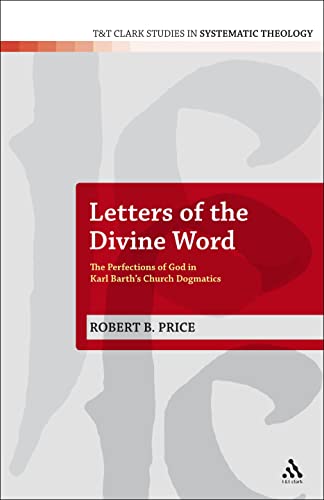Volume 37 - Issue 2
Response to David Gibson
By Martin SalterAbstract
I was very grateful to David for sending me a copy of his essay before publication. It displayed great grace and charity in a discussion which can sometimes generate more heat than light. I have genuinely enjoyed reading his essay, and it has prompted me to think again and work harder at what the Bible actually says, which is always edifying.
I was very grateful to David for sending me a copy of his essay before publication. It displayed great grace and charity in a discussion which can sometimes generate more heat than light. I have genuinely enjoyed reading his essay, and it has prompted me to think again and work harder at what the Bible actually says, which is always edifying.
In particular I appreciate his careful exegesis of Gen 17 (though I have some questions remaining) and his more nuanced link between the physical and spiritual aspects of the covenant and rite in the OT. It is particularly informative.
David also helpfully shows the ways in which spiritual circumcision is anticipated in physical circumcision and celebrated in baptism. It is at this point where our hermeneutical frameworks take us in different directions. Space does not permit an articulation of Reformed Baptist covenant theology, but suffice to say we would disagree on a number of the details. For example, the physical nature of the old covenant seems downplayed—it is interesting to observe that the covenant relationship as it pertains to Ishmael in Gen 17 is overlooked. Further, one would want to ask, “What is new about the new covenant? Is it possible to be in the old covenant yet not be saved? Is that possible in the new?” Frustratingly at one point categories of covenant and salvation are confused such that entry into the covenant, and entry into salvation, are presented as the same thing, which in the old covenant they clearly are not (see notes 58–59).
Finally, it is asserted that the exegetical case proposed in my article is a mere molehill. I fear that the nuance of the exegesis presented in my original article may have been lost among my admittedly, at times, confusing efforts. To recap: circumcision points toward the need for spiritual circumcision; baptism signifies and celebrates the spiritual circumcision realized—and more—i.e., burial and resurrection. As such, as David almost confesses in one or two places, the realities indexed to the sign are not precisely the same. I agree with this last sentiment. We still need to flesh out what some of those are and the implications thereof.
As David states, “Circumcision teaches that physical descent from Abraham is not sufficient to make true Israelites” (citing Vos). Try replacing the words ‘circumcision,’ ‘Abraham,’ and ‘Israelites’ with ‘baptism,’ ‘Christian parents,’ and ‘people of God’. The NT would nowhere support such a statement regarding baptism.
I appreciate David’s critique of Baptist practice: we are guilty of often divorcing the sign from the thing signified, and we do often make people jump through some unnecessary hoops. But let’s be honest: we’re all credo-baptists really (at least those of us who are Reformed); it is simply that my paedo-baptist friends remove it a generation. This in turn prompts a further question on the relationship between baptism and circumcision. Does the faith of the Israelite’s parent have any bearing on his entitlement to the sign? In other words, should an unregenerate Israelite have his son circumcised? If so, why? That question, for the Baptist, reveals the difference between the old and new covenant and, therefore, between the signs of the old and new covenant.
All of that said, I applaud David’s early citation of Wilson: “Which is greater? The gold on the altar, or the altar which sanctified the gold? Which is greater? The sign of the covenant, or the covenant itself?” Amen.
Martin Salter
Martin Salter is Associate Pastor at Grace Community Church, Bedford, and part-time PhD candidate at Highlands Theological College, Scotland.
Other Articles in this Issue
The gist of this new book by Peter Enns is that evangelicals should revise their expectations of Genesis and Paul—with reference to Adam and the fall—in order to relieve perceived tensions between Christianity and evolution...
In June 2011, the Presbyterian Church in America (PCA) passed an overture entitled, “A Call to Faithful Witness...
Is it stating the obvious to say that a children’s bible is not a Bible? Perhaps...
Sacramental Supersessionism Revisited: A Response to Martin Salter on the Relationship between Circumcision and Baptism
by David GibsonMartin Salter has recently argued that Reformed paedobaptists are mistaken in citing Col 2:11–12 ‘as evidence that baptism replaces circumcision as the covenant sign signifying the same realities...
‘The wisest and the best of men—nay, the wisest and best of their actions—may be rendered ridiculous by a person whose first object in life is a joke...






